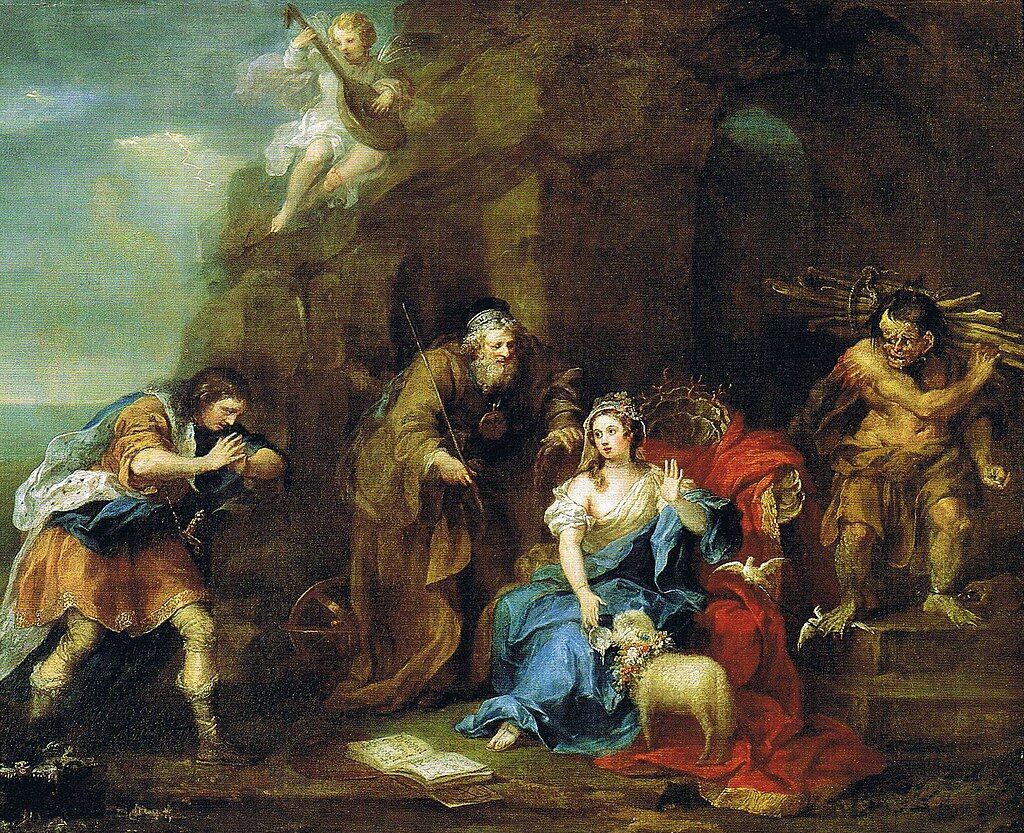
Classica Francophonia: Contemporary Artists and Writers Engaging with the Classics (NeMLA - Boston)
Classica Francophonia: Contemporary Artists and Writers Engaging with the Classics
Organizers: Yassine Ait Ali (Princeton University) and Sandrine Rajaonarivony (UPenn)
Northeast Modern Languages Association - Boston, USA (March 7-10, 2023)
In 1996, following Meyer Reinhold's influential publication of Classica Americana. The Greek and Roman Heritage in the United States (1984), Classicist Michele Valerie Ronnick coined the (later challenged) term 'Classica Africana' to refer to a “subfield of the classical tradition [examining] the undeniable impact, both positive and negative, that the Graeco-Roman heritage has had on people of African descent in their creative [...] endeavors”. In French studies, the construction of a “classical tradition” restricted to certain authors and centuries has similarly had an “undeniable impact”. Hitherto the distinction between “French” and “Francophone” literature is paralleled by a separation between the canon and the marginalized surplus, at times deemed as inferior, at times seen as pale copies. The French word classique itself, whether referring to the Graeco-Roman heritage or more broadly to canonical works taught in class, has historically impacted the reception of Francophone writers in various ways, including school curricula (agrégation de lettres), publishing houses (with collections like La Pléiade and Classiques Garnier) and institutional awards (the Académie Française and Goncourt prizes). In this context, an increasing number of contemporary artists — including Aimé Césaire’s Shakespeare-inspired Une Tempête (1968), Assia Djebar’s Delacroix-based Femmes d’Alger (1980), Sophie Deraspe's reinvention (2019) of Sophocles' and Jean Anouilh's respective Antigone in today's Canada, Alice Diop’s Medea-related movie Saint Omer (2022) and many others — are purposefully engaging in a direct discussion with the classics, the canon, and their legacy.
This panel welcomes papers (in French and English) on various forms of literature and media in French that address the rich ways in which contemporary writers and artists navigate as well as comment or reflect on the closed space of the French and European literary canon, often in relation to factors such as disability, gender, race, and sexuality. As recently theorized by Felisa Vergara Reynolds in The Author as Cannibal. Rewriting in Francophone Literature as a Postcolonial Genre (2022), areas of inquiry may include any aspects related to intertextuality and classical reception studies: How do Francophone artists engage with the French and European canon to make it their own? How do they situate themselves vis-à-vis their predecessors? Ultimately, how do such works challenge the established literary and artistic hierarchy?
Please upload a short abstract and biography here by September 30th, 2023, and address any questions to classicafrancophonia@gmail.com
Image: William Hogarth's Scene from Shakespeare's The Tempest (1735)